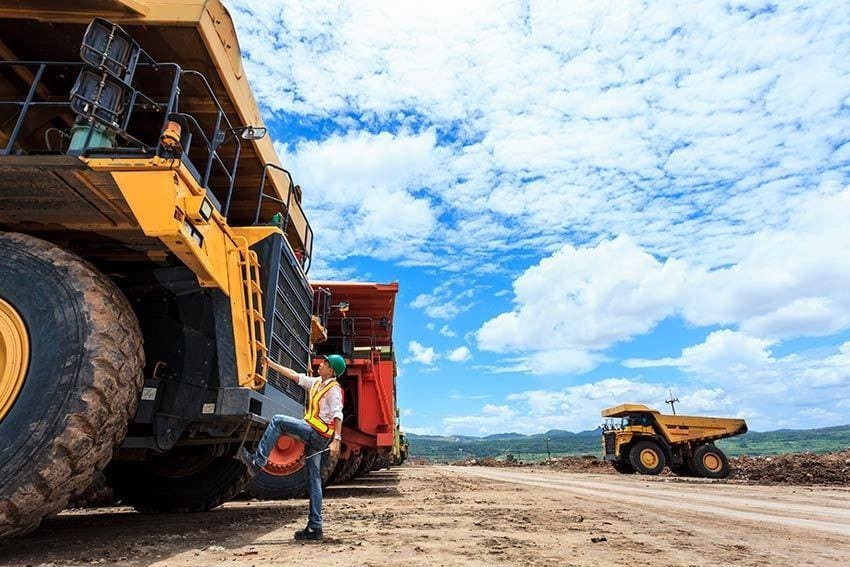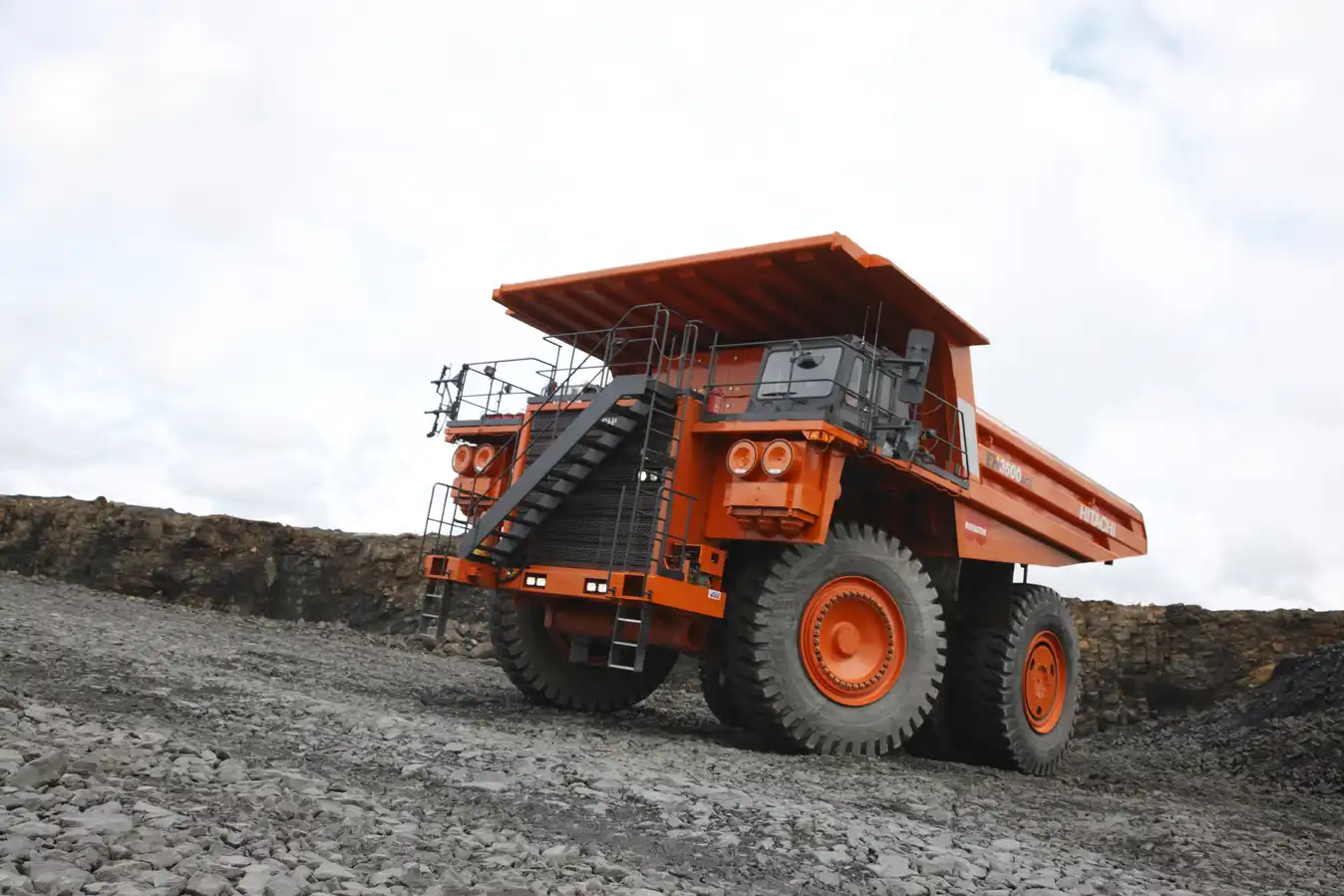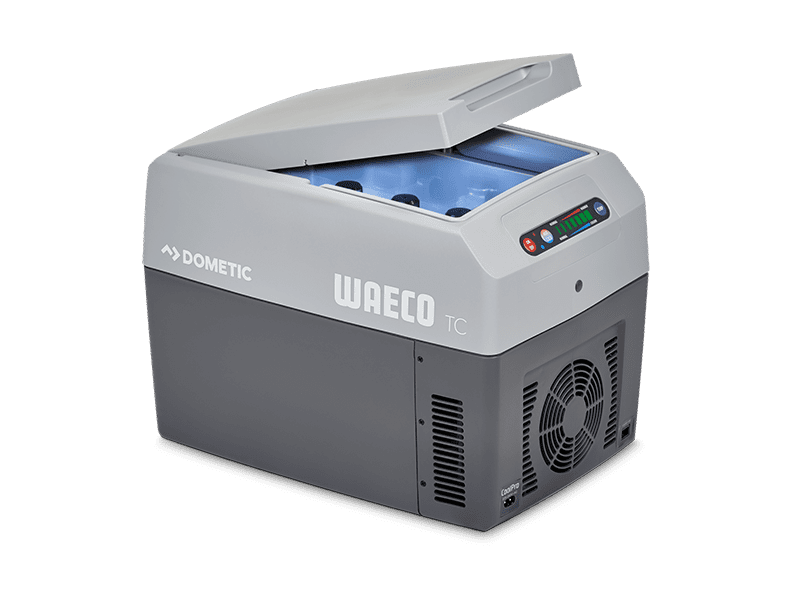Heat Stroke: Six Ways to Avoid it
In the past few weeks, we’ve talked a little bit about heat illness: the unpleasant and potentially deadly consequence of physical overheating. From what it is to the levels of severity, we’ve laid out how to identify heat related illness, how it affects the body and how it can progress. From rashes and nausea to confusion and lightheadedness, heat illness is a real danger to people who work in unconditioned or semi-conditioned environments and on the road here in Western Australia. Here are some things you can do to minimise your risks.
1. Always have a supply of water on hand
Your body’s most important line of defence against overheating is perspiration. If you’re dehydrated, you will not be able to cool yourself properly. Arm yourself with a supply of water and sports drinks. Water provides the quickest and most direct hydration, but if you’ve been in the heat all day, then sports drinks can help to replace some of the electrolytes you’ve lost through sweating, and they’ll boost your energy as well. Avoid drinks containing alcohol and caffeine, as they can actually worsen dehydration.
2. Stay alert to the symptoms
Make sure you’re aware of the symptoms of heat illness and that you stay alert for them as you work. If you find yourself edging into risky territory, then take a break, rehydrate and if possible, get yourself into a cooler environment.
3. Avoid excessive and extended physical effort in hot environments
Sometimes a difficult job has to be done, but always put your own health and the health of anyone who’s working for you first. If it’s blistering hot and a challenging job needs to be done outdoors or in an environment that’s not fully cooled, then find a way to rework the schedule so that the task can be done during a cooler time of day or on another day.
4. Be aware of the importance of acclimatisation
People who are acclimatised to heat are at a reduced risk of heat stroke. Workers need an opportunity to acclimatise before they begin, especially if they’ve just started working in a hot environment.
5. Make sure that enclosed areas have air conditioning
If you spend time in any kind of vehicle or equipment cab, then you need to make sure it has a dependable air conditioning system. If your workplace is onsite, then make sure there are enclosed areas equipped with air conditioning that can be used for breaks and emergencies. Lyons Air Conditioning can help with all of that.
6. Make sure that the air conditioning is dependable and well maintained
Whether it’s automotive air conditioning, truck air conditioning or mining air conditioning that you depend on, make sure this critical system is properly designed and well maintained. In Western Australia, you can do that by working with Lyons Air. We’re experts in mobile and onsite air conditioning systems, we have decades of experience backing us up, and we will do our best to keep you cool on the job.









